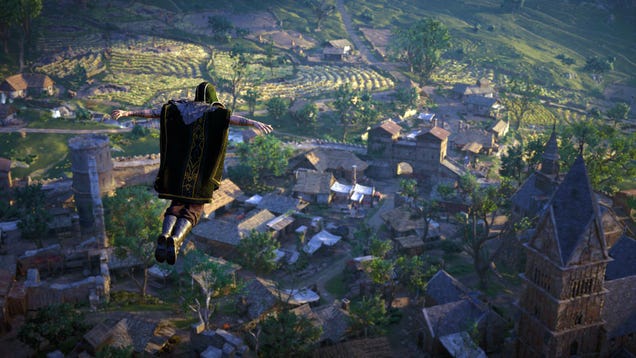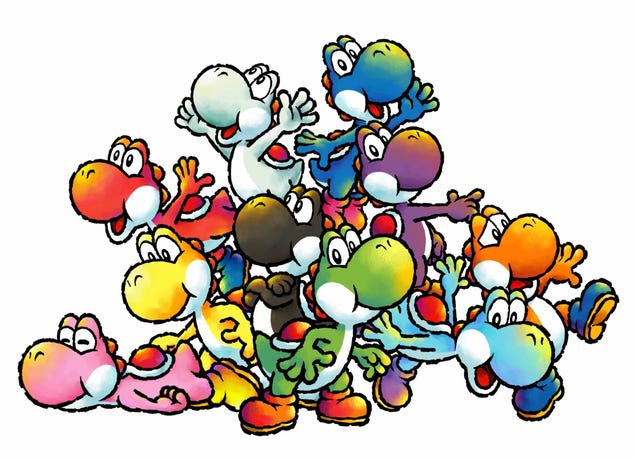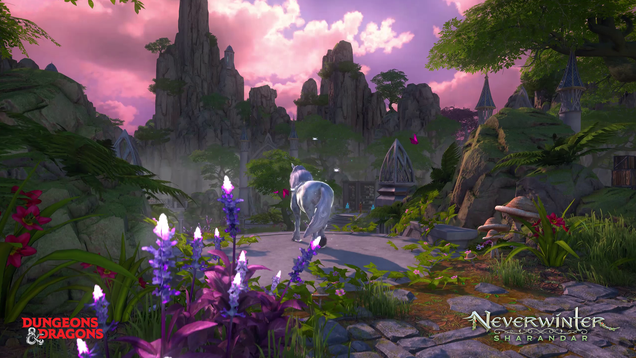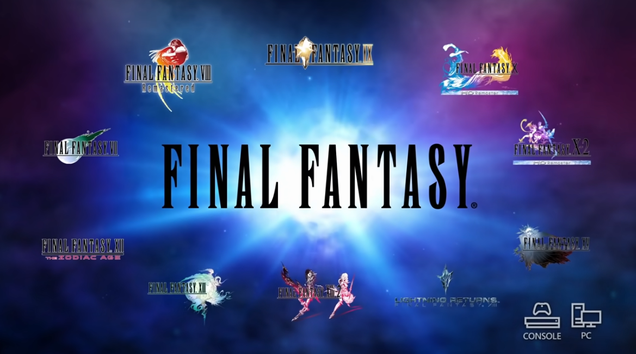
Exactly one year ago today, Genshin Impact was released. We were almost six months into the coronavirus pandemic, and now, looking back, I can’t imagine my adventure starting any other way. The fantasy world of Teyvat became my safe harbor in a year filled with grief, uncertainty, and disappointment.
Politicians lied about normalcy in front of the cameras, but I knew that we would never return to the “normalcy” of a pre-pandemic world. Entire industries had been decimated. Medically vulnerable populations would never again enjoy the same level of freedom that they’d had before. And American insurrectionists had permanently threatened the legitimacy of our electoral process. But even as the world hurtled toward macro-disaster, I couldn’t help but mourn the small experiences I could no longer have. I missed eating shrimp crackers with my friend in a borrowed car. I wanted to complain about politics over a bowl of ramen. None of those were possibilities while a deadly virus spread across the world.
Instead, I spent my time air gliding with Amber and mining crystals with Razor. Genshin Impact was just the distraction that I needed. The game went beyond escapism, and showed me how to endure the worst year of my life. With its lush open world and the soft melodies of its soundtrack, my relationship to Genshin Impact was defined by “comfort.” The landscape was largely open and uncluttered, unlike the confined space of my bedroom. Even combat felt less threatening when accompanied by bouncy brass notes and whimsical flutes. The world of Teyvat was gentle, while the pandemic world was more hostile than it had ever been.
The developers had promised us seven different nations to explore, but I wanted to stay in the city-state of Mondstadt. There was never any shortage of boars to hunt, secrets to discover, or chests to collect. Certain dungeons were only available on certain days of the week, which gave me a sense of structure in a world where time had all but collapsed. Mondstadt felt immortal back then, and I was reluctant to leave.
Read the full article on Kotaku









